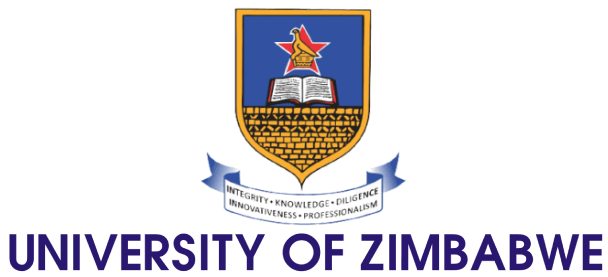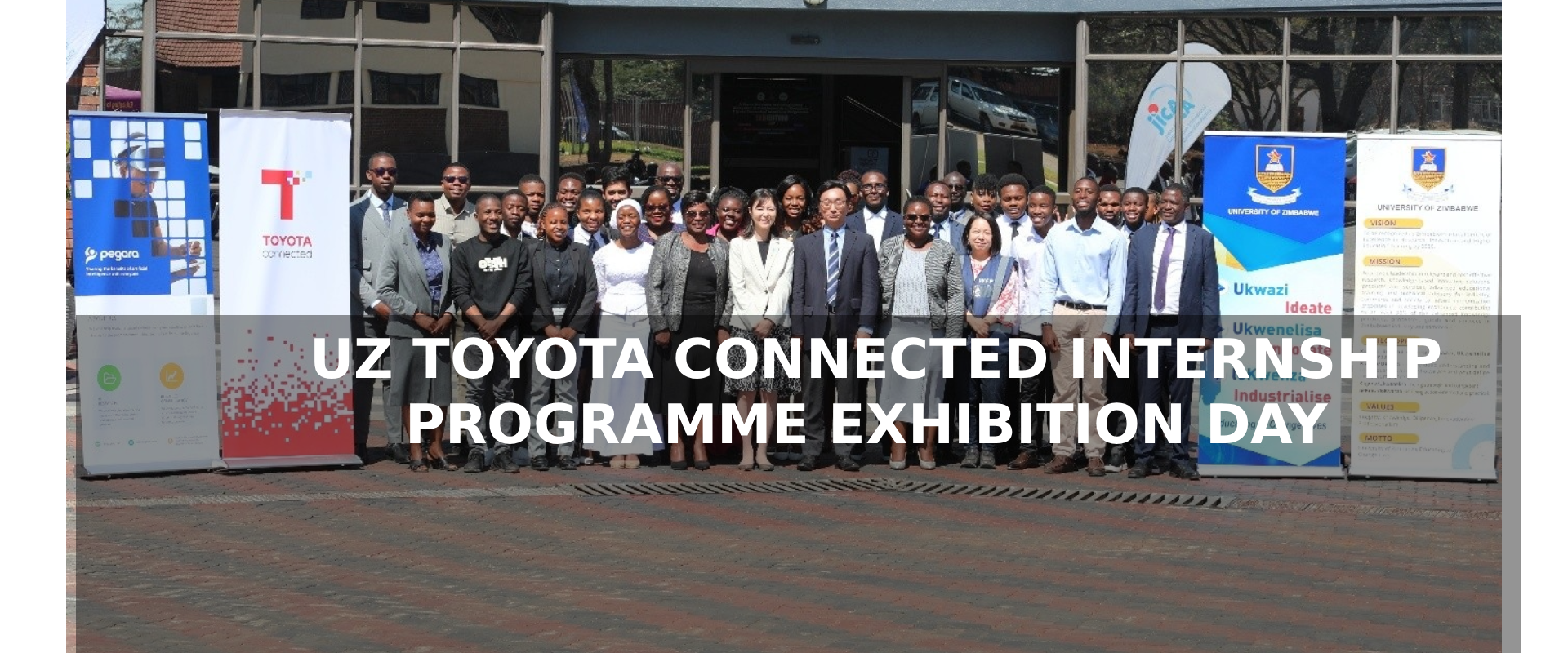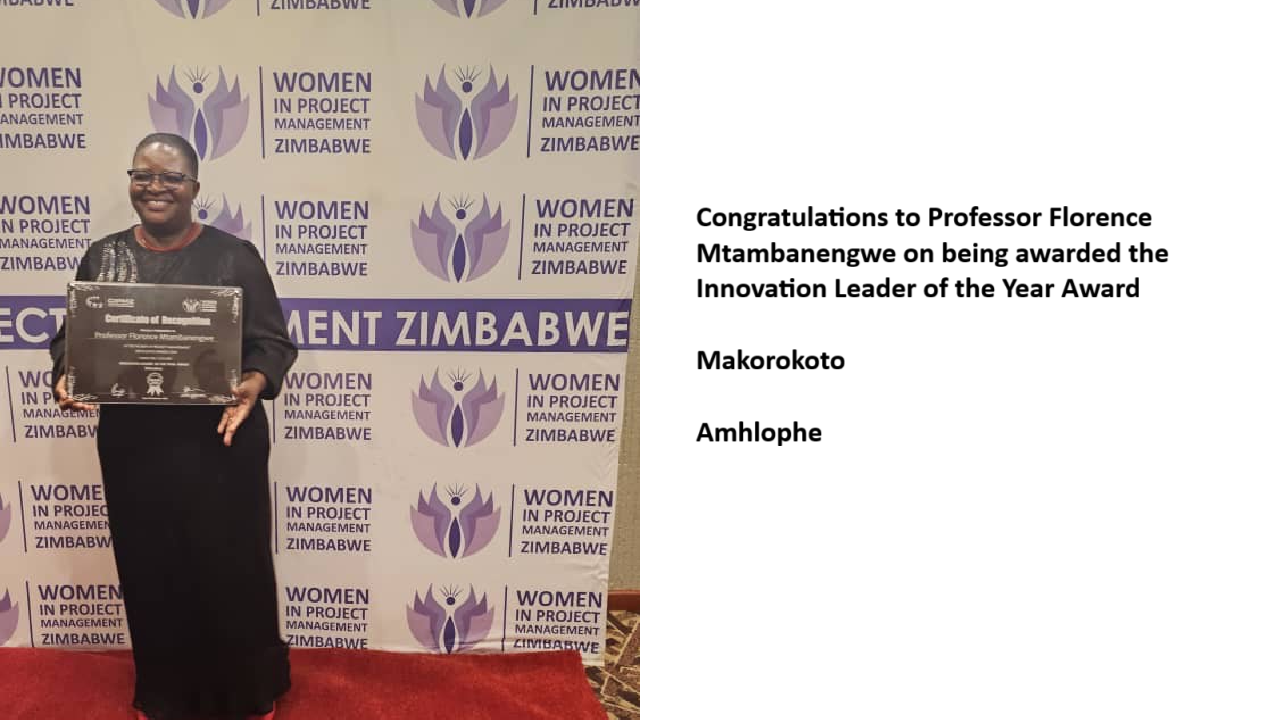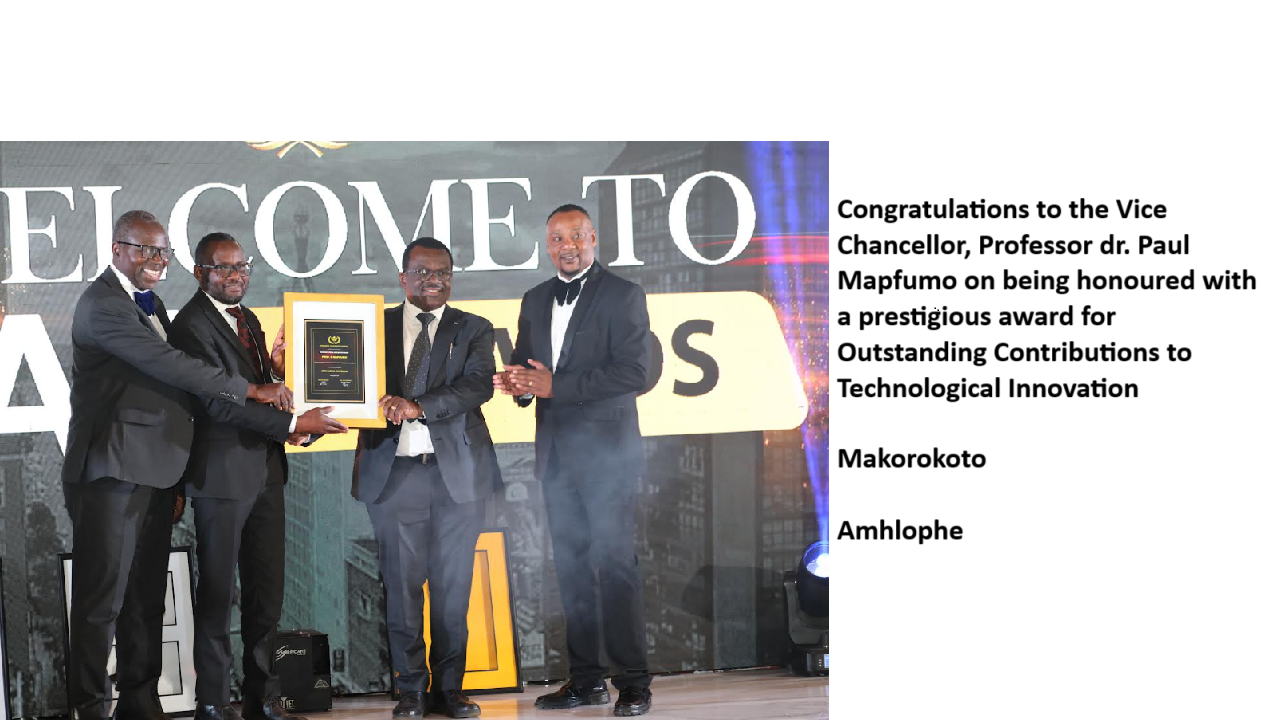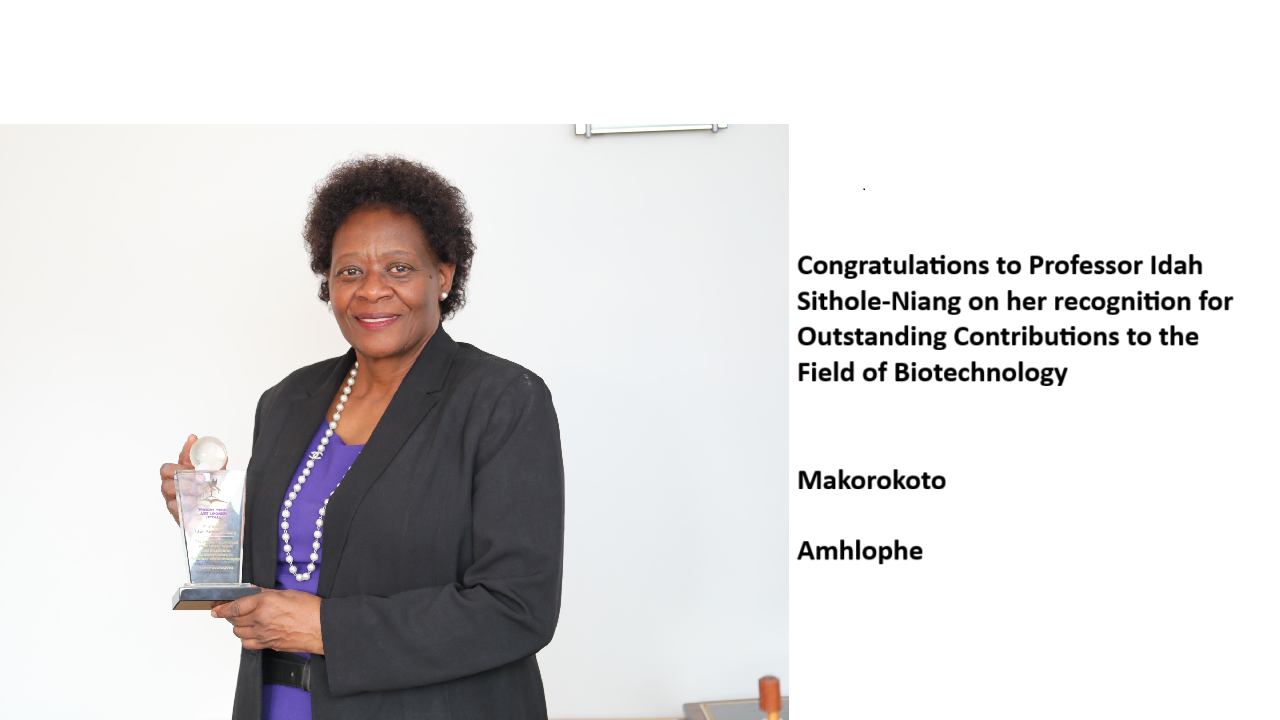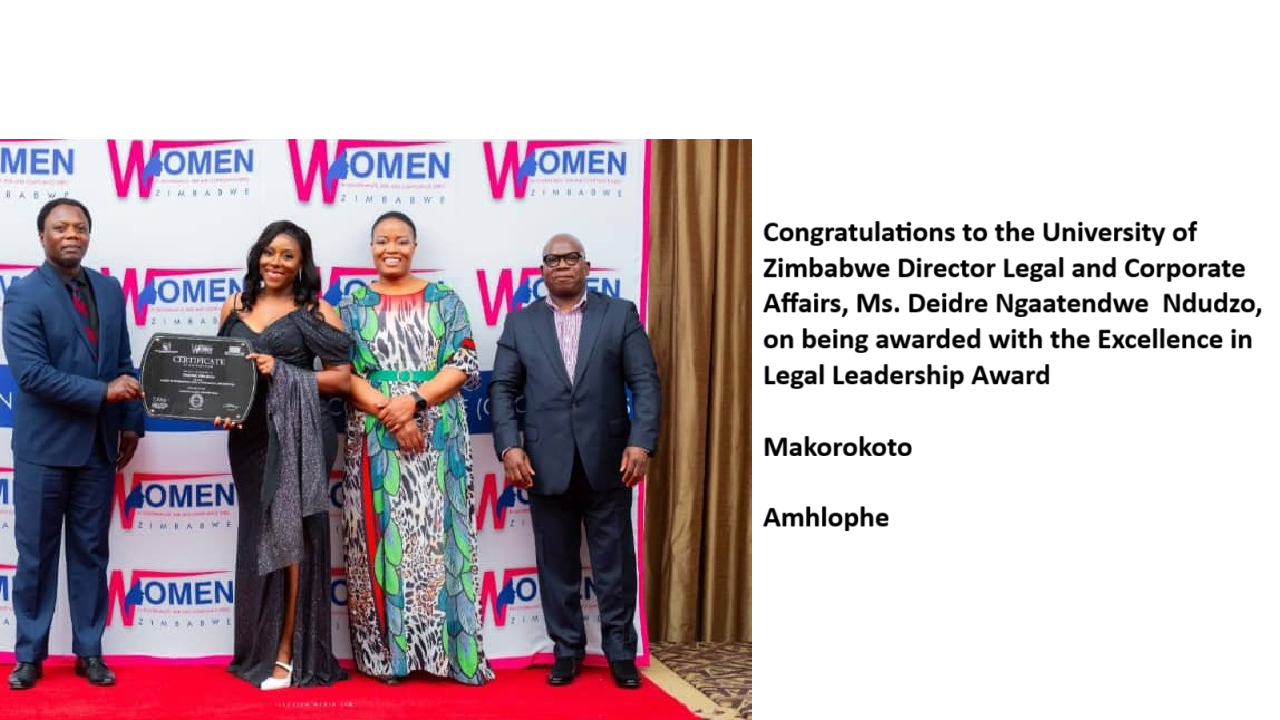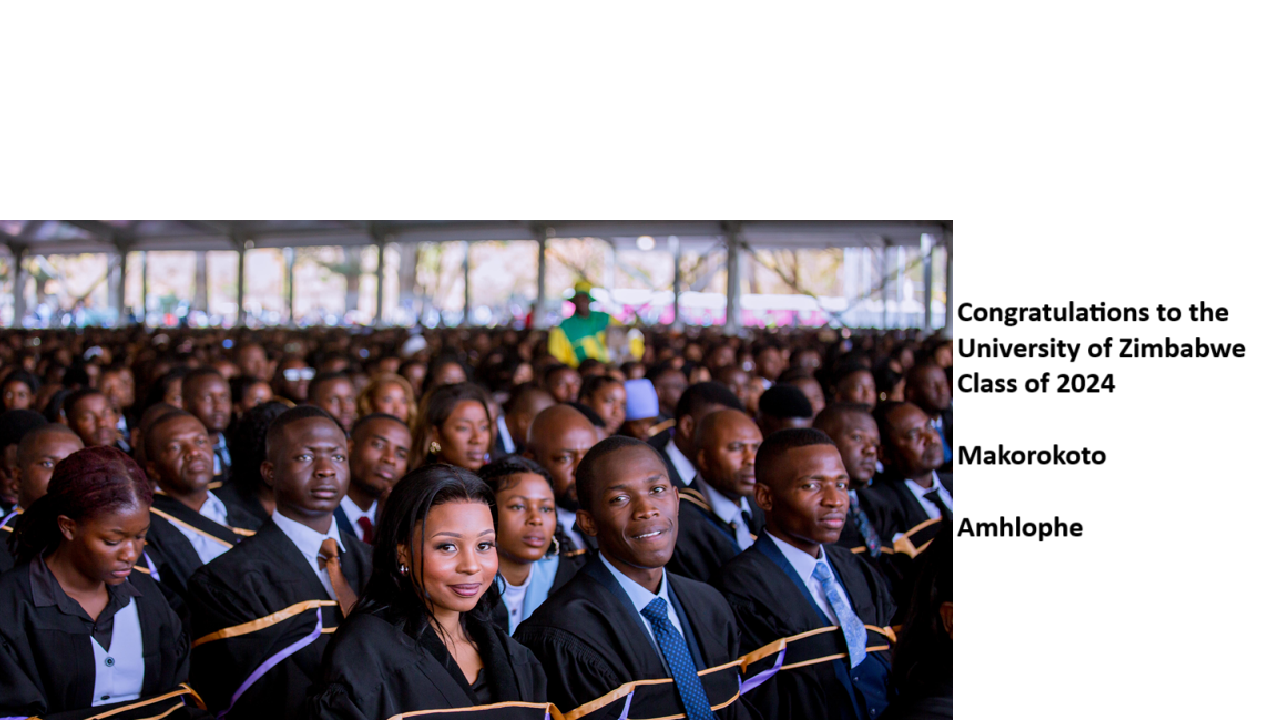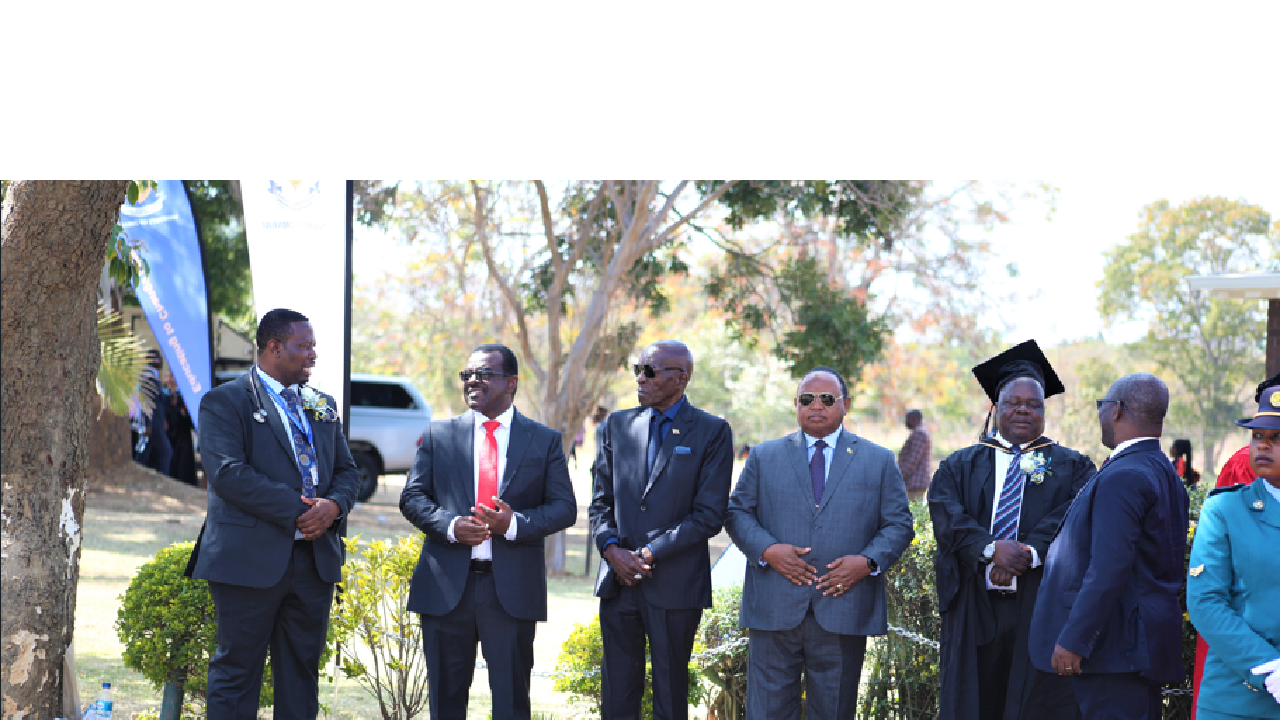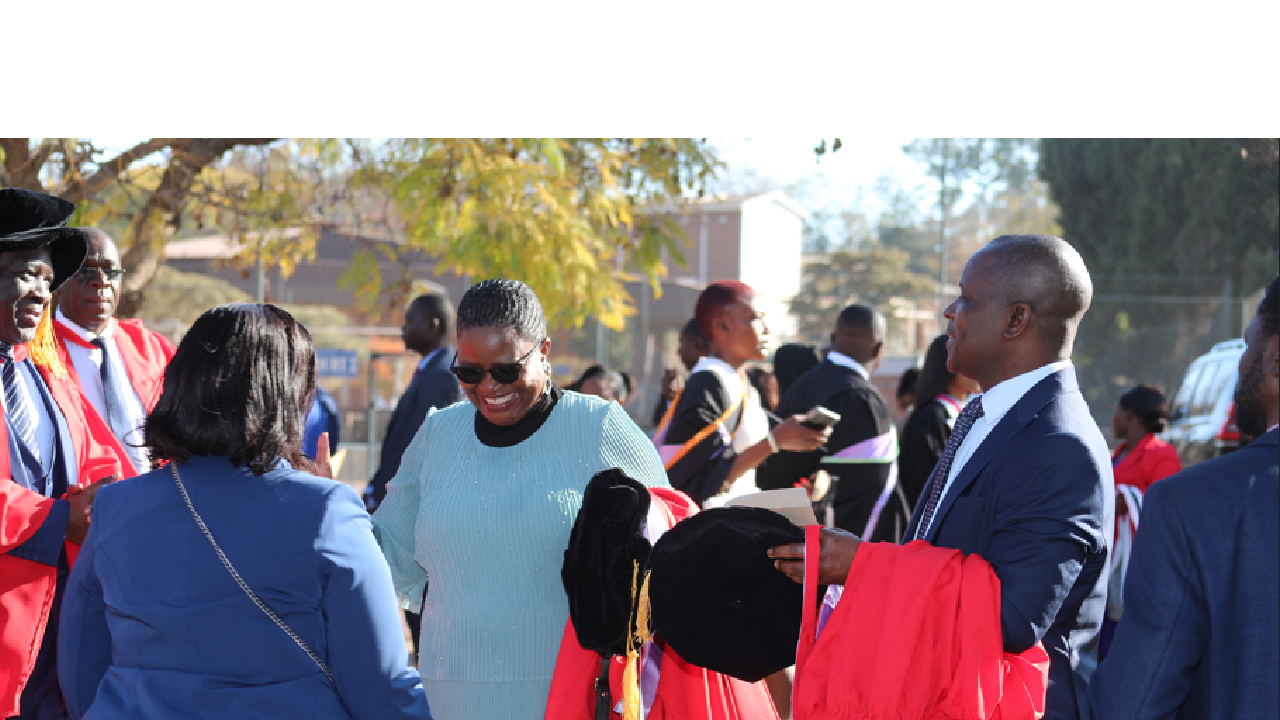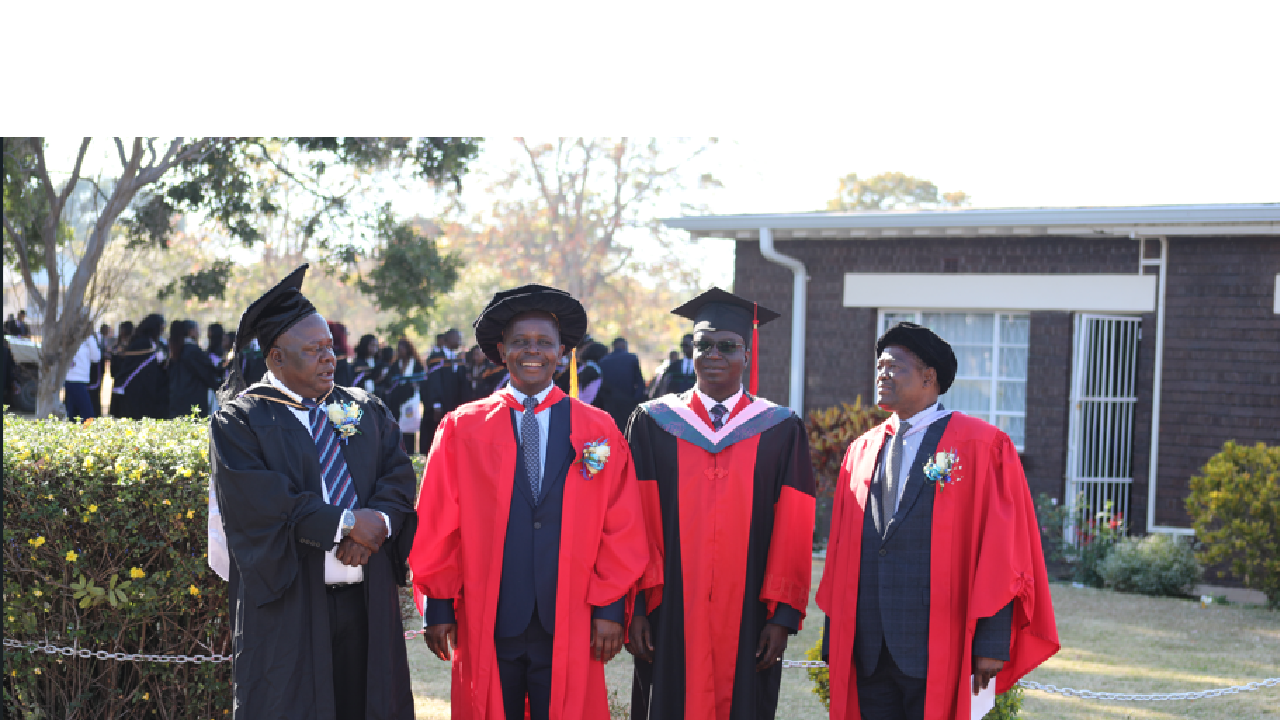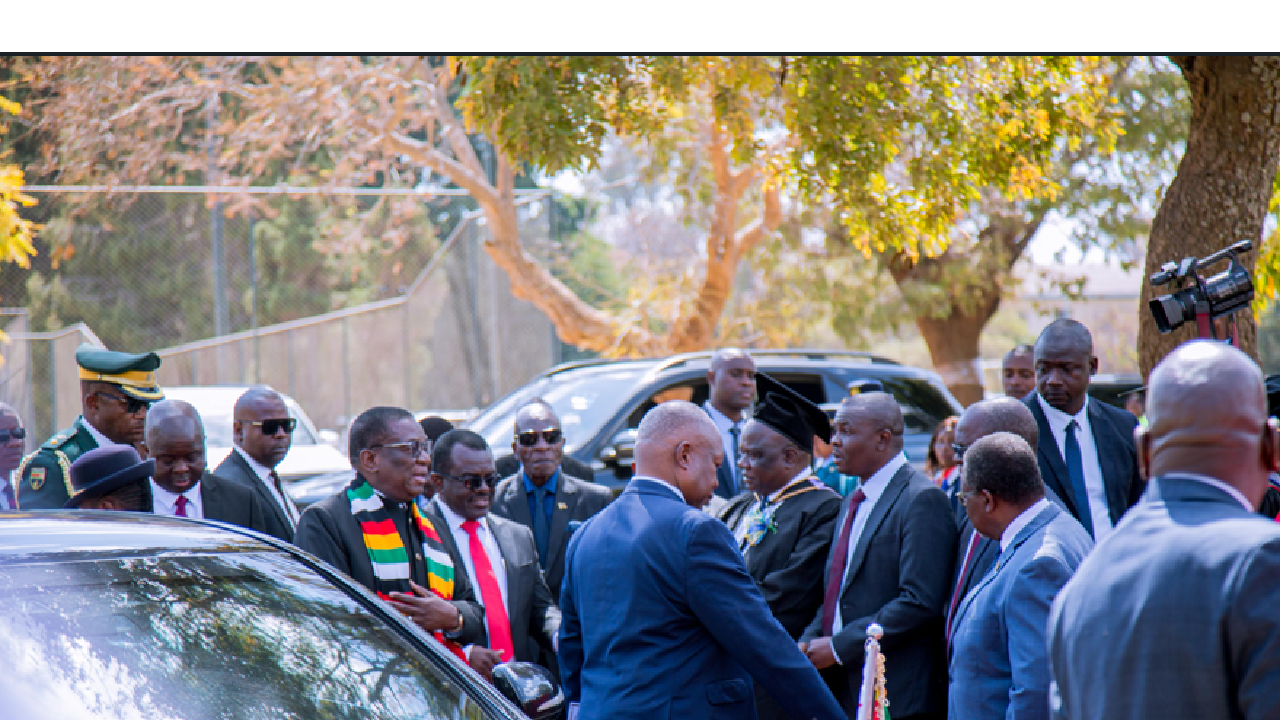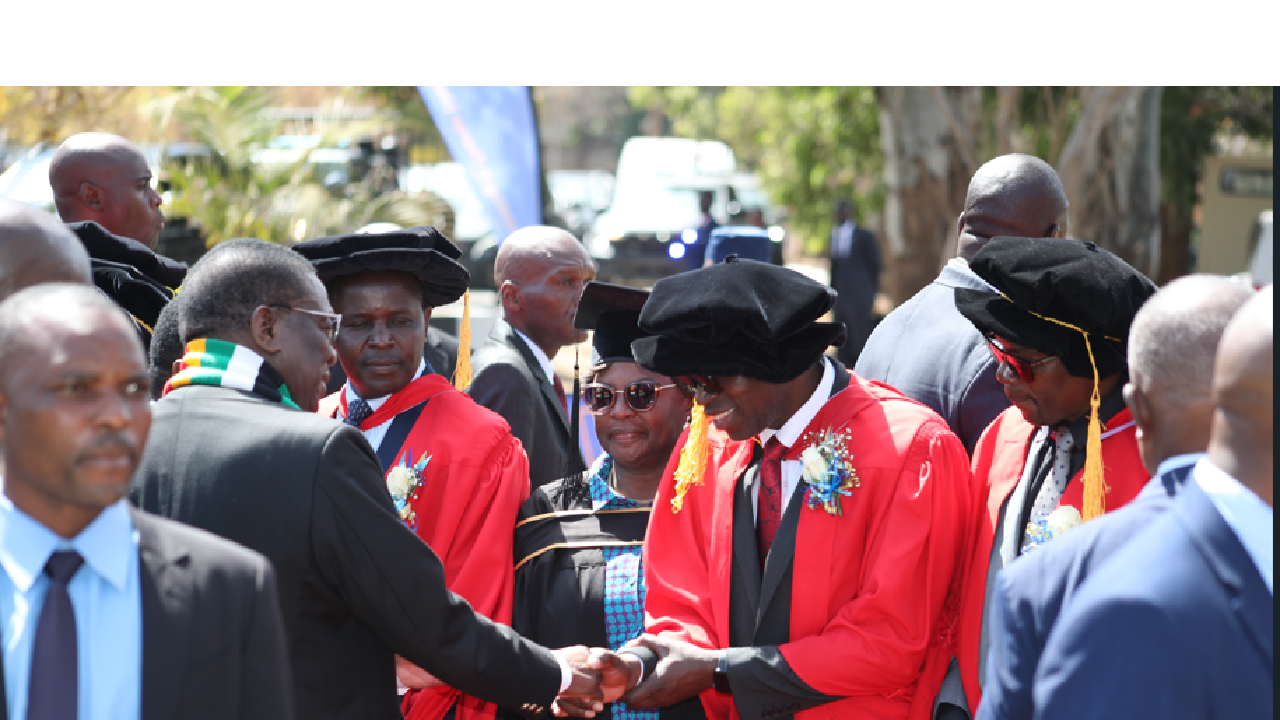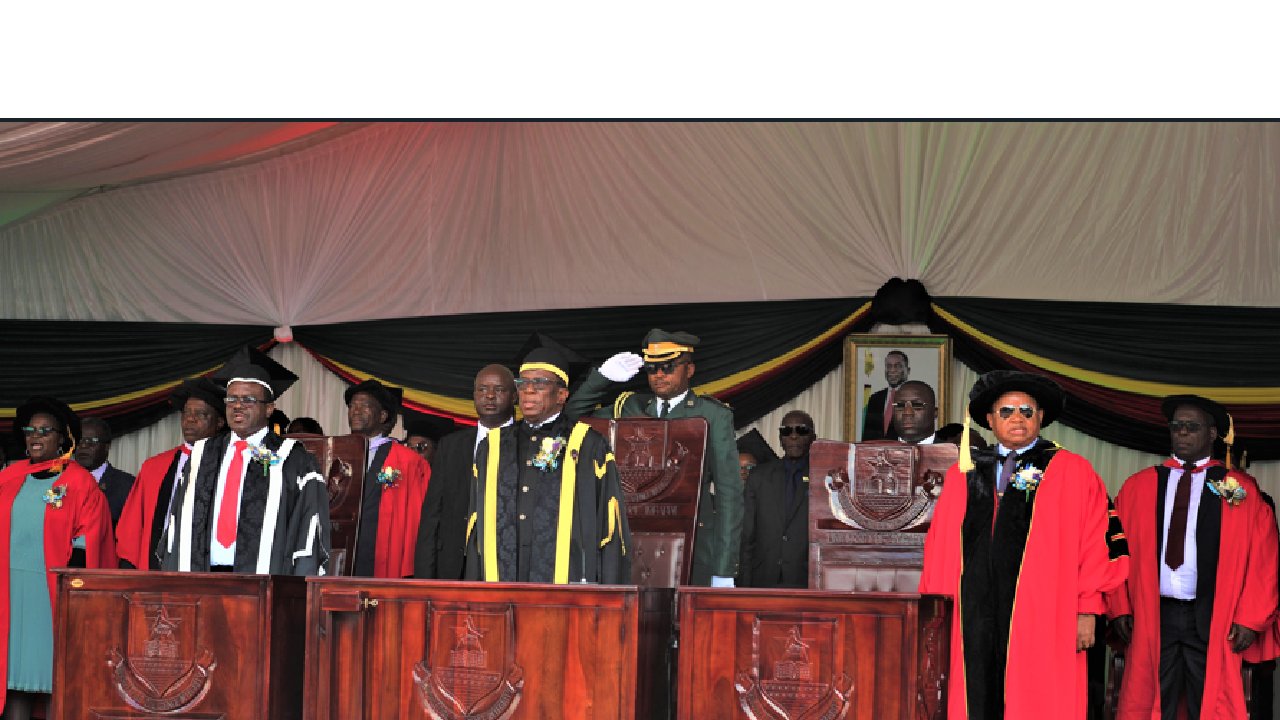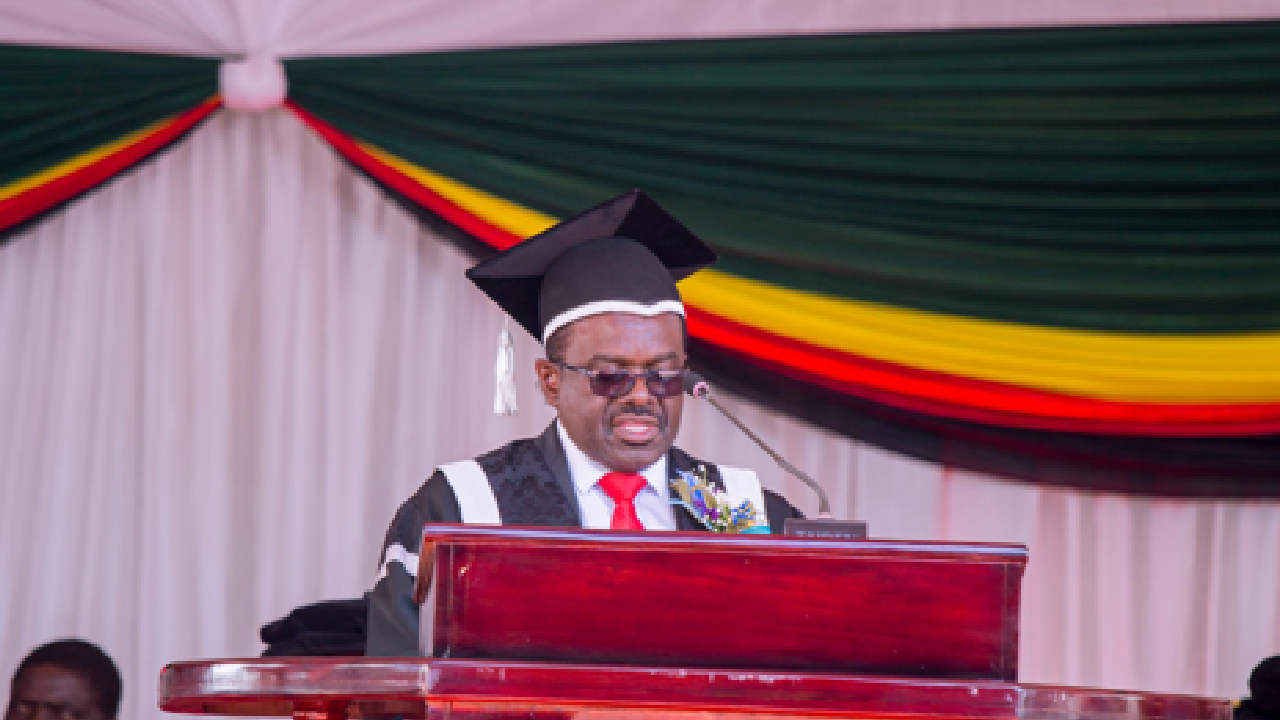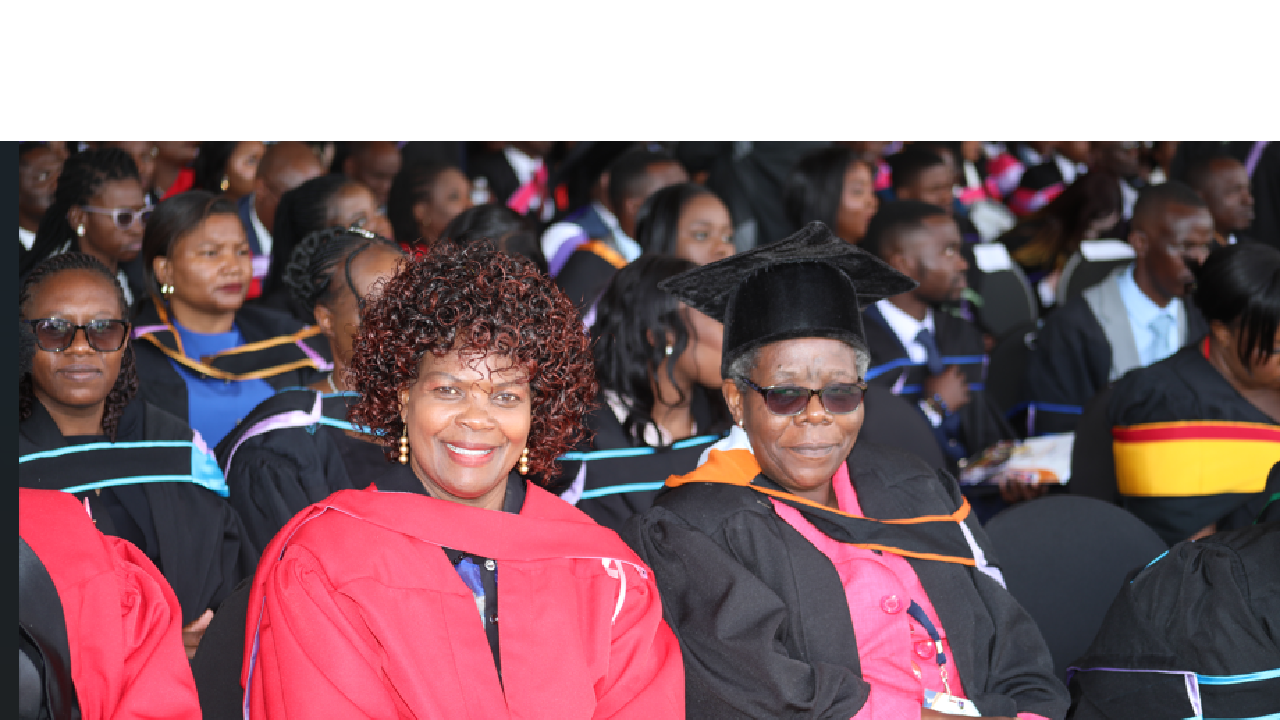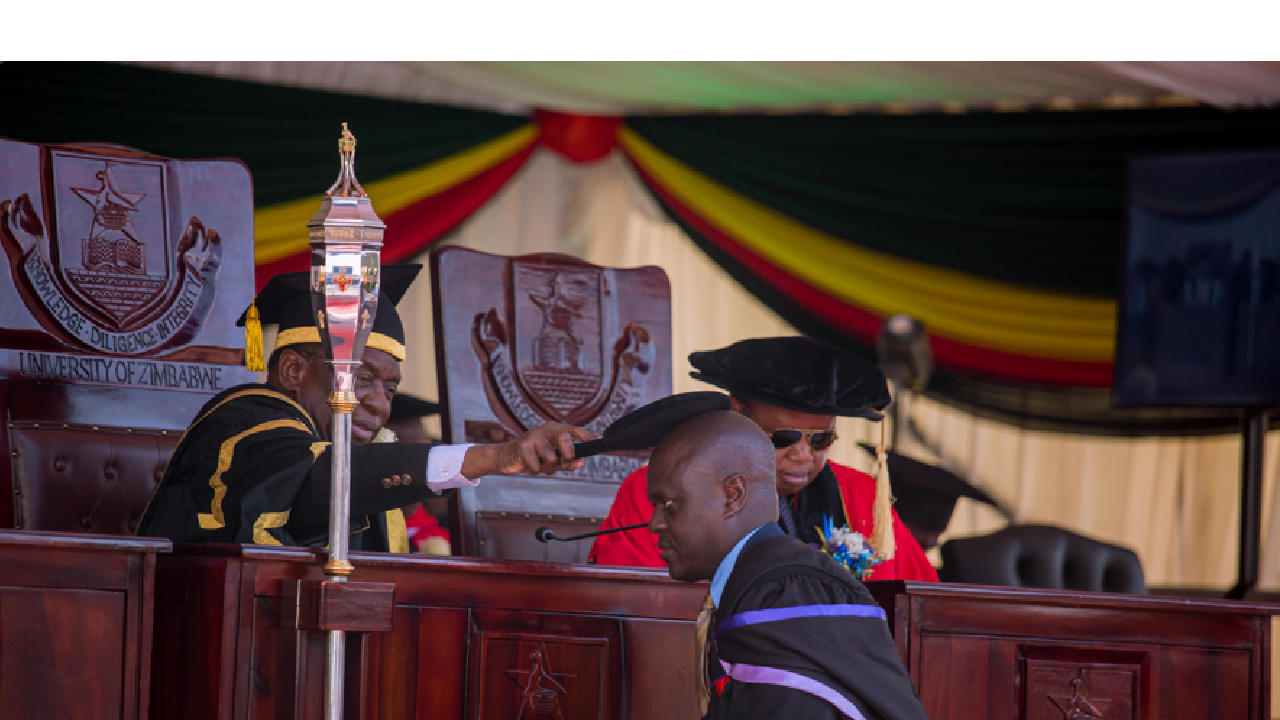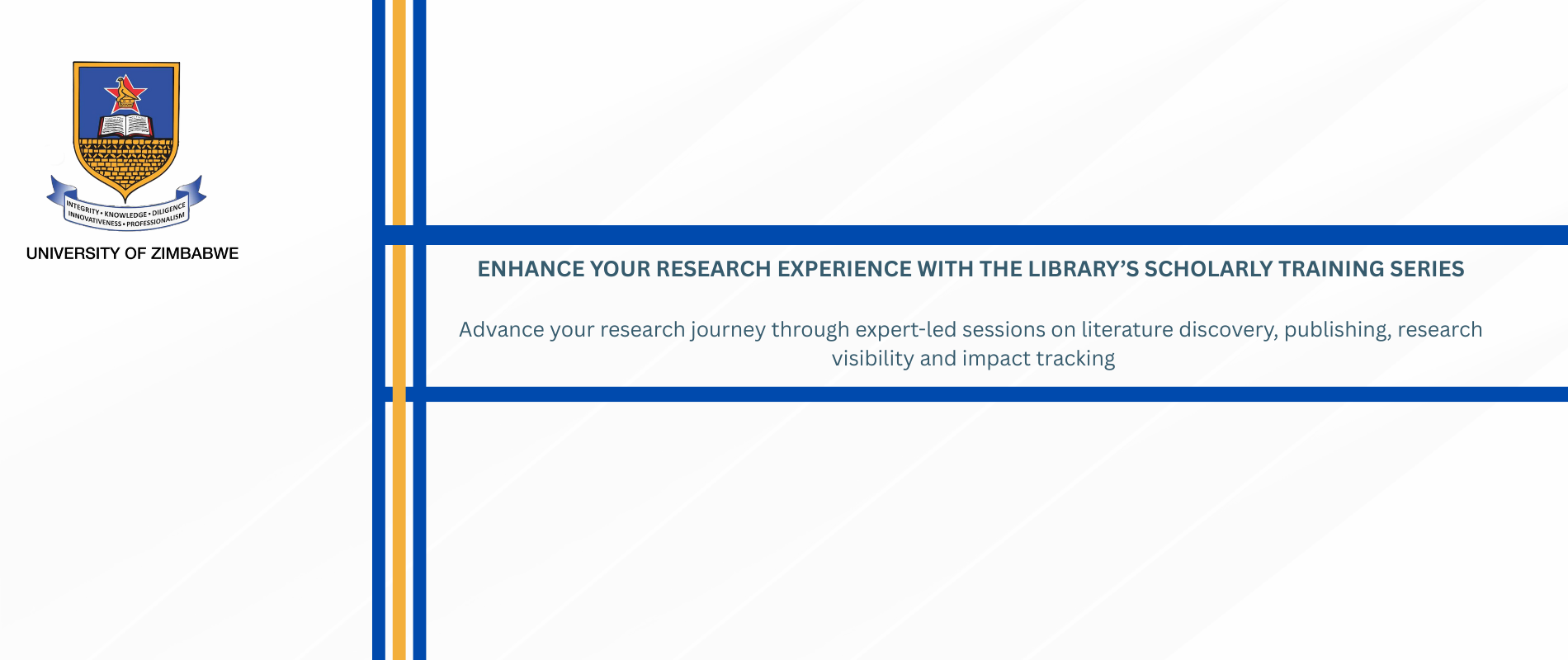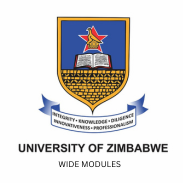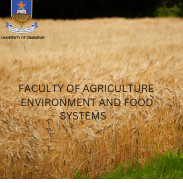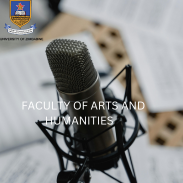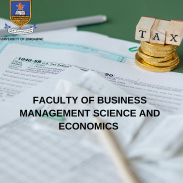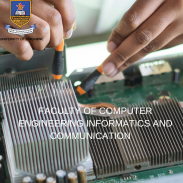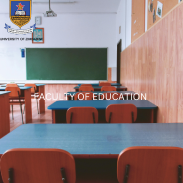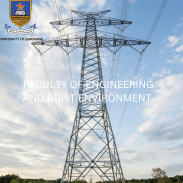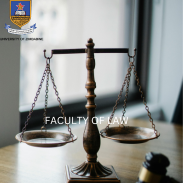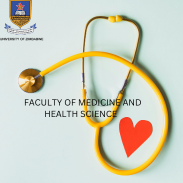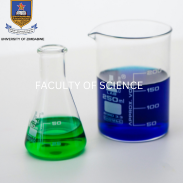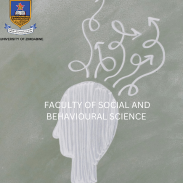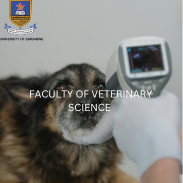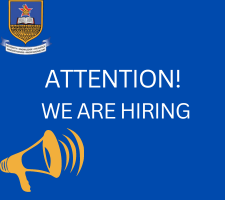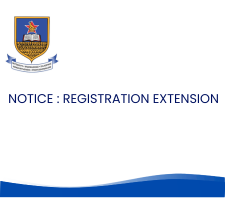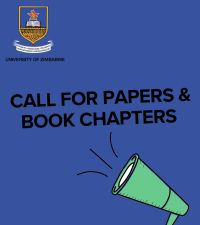ABOUT US
Student Development and Community Engagement is a unit in the Student Affairs Division. This unit, under the Student Development Department, is the hub for a wide range of activities which transcend the cognitive, physical psychomotor, spiritual and affective domains. It provides opportunities for an all round campus experience through student driven fraternities and sororities.
THE STAFF
The Unit is headed by Student Development and Community Engagement Officer reporting to the Director of the Student Development Department.
MANDATE
The Unit facilitates personal development of students by targeting those personal traits which, if effectively horned, would bring out the best out of each student’s individual potentialities. It aims at developing in learners the appreciation of the gregarious nature of the human race and the importance of individuals having to value the interdependence of communities, organisations and nations for common good. This it does by exposing students to the diversity of their socio-economic and political environment to enable them to adapt to and deal with the challenges that affect them as individuals and as members of a wider national, regional and international community.
STRATEGIES
The unit fulfills its mandate by identifying students’ individual social and academic aptitudes they can develop to be useful members of communities and those areas of their social lives where their aptitudes and positive traits can be deployed for common good.
Students are exposed to situations where they can demonstrate capacity to work as members of social groups in the communities in which they live and operate by participating, in their various ways, in the development of the social and economic aspects of their communities
Contact Us At:
Phone +263 242 303 211 Extension 21001 Physical: Student Affairs Centre: First Floor
STUDENT SORORITIES AND FRATERNITIES
University of Zimbabwe has more than 50 student driven clubs and societies covering a wide range of thematic areas which include academic, cultural, social and economic activities. The clubs are engendered and run by students themselves under the guidance of academic and non-academic staff members as patrons. Each club has an administrative structure elected by members themselves annually. Each club is partially funded by the University and through fund-raising ventures initiated by the club members.
The clubs are a platform on which students are encouraged to be a part of vibrant campus community involved in social activities which are not necessarily part of the academic curricula thus allowing students to relate and interact across faculty and academic boundaries.
CURRENT STUDENT CLUBS AND SOCIETIES
JOIN ANY AMONG THESE CLUBS
Entrepreneurship Skills Development Clubs
Leadership Skills Development Clubs
Environment Conservation Advocacy
ICT Innovation Development
Debate Poetry and Oratory
Health and Wellness Awareness
Faculty Based Clubs
Community Service Clubs
Gender Advocacy
CLUB NEWS AND EVENTS
UZ ENACTUS THE CHAMPIONS
ENACTUS: AMONG THE WORLD’S BEST
MISS UZ 2019 THE FLAGSHIP FUND-RAISING EVENT
SAYWHAT ON AN INFORMATION BLITZ
ENACTUS: PLANNING TO MAKE A DIFFERENCE
ENACTUS WORKSHOP
AUDIENCE IN STITCHES: UZ CHASEKA COMEDY CLUB
UZ ENVIRONMENT PATRIOTS: WALKING THE TALK
ZUNA UZ CHAPTER ON TOUR OF DUTY
UZ FSN LAUNCH: GIRL-POWER
WHAT’S COMING NEXT
UZ CAMPUS IS ALWAYS A HIVE OF ACTIVITY
DON’T MISS OUT
DOWN LOADS
UNIVERSITY OF ZIMBABWE
STUDENT AFFAIR DIVISION
STUDENT DEVELOPMENT AND COMMUNITY ENGAGEMENT POLICY
- POLICY STATEMENT
The University of Zimbabwe endeavors to train its students beyond the written curriculum, adequately equipping them for ‘maximized living’ in the game of life. To this end, the University has, in its quest to achieve its goal of the development of a fully rounded and totally developed graduate, made an effort to ensure that life-skills development is not a “by-the-way” by-product of an otherwise exclusively academic education. This policy places Life-Skills Development within the strategic realm of student development by having in place a deliberate strategy to make it an integral component of holistic and comprehensive education.
- POLICY VISION
To be an education institution that develops graduates with the requisite intellectual, social and spiritual inclinations which prepare them for social integration for the total development of the nation.
- POLICY AIM
The policy aims to development in students soft skills that transcend all profession- specific and job-specific skills so as to produce individuals malleable to operate effectively in diverse socio-economic and cultural contexts.
- PRINCIPLES, VALUES AND PHILOSOPHIES
The policy is underpinned by the philosophy of a holistic, comprehensive and non-compartmentalized education system and guided by the principles of social integration. This is further buttressed by the core values of team-work, tolerance of diversity and appreciation of the value of each individual’s contribution to goal attainment for national development. The philosophy, principles and values form an integral part of the University of Zimbabwe graduate attributes of:
- Academic excellence
- Effective Communication and Teamwork
- Creativity, Inventiveness and Critical Awareness
- Social Engagement and Leadership in Communities
- Competence in Diverse Cultural and International Environments
- Interpersonal Relationship and Ethical Business Practice
- Professional Accountability and Honesty.
- OBJECTIVES
- Empower students through all round soft-skills development
- Infuse affective, psychomotor and spiritual dimensions to complement cognitive development of students from across all faculties
- Bridge the gap between academic and social aspects of education through soft-skill development
- Create symbiotic synergies between the University as an institution and the social and corporate world for which it prepares its graduates
- Debunk the myths and dichotomy between academic and non-academic sectors of the university community
- Assist to produce a refined graduate as a product of a holistic education.
- TARGET SKILLS
- Personal Skills: Self-discovery, Self-esteem, Self-confidence and Personal Effectiveness
- Interpersonal and Multicultural Skills
- Effective Communication
- Team Work
- Intellectual Dexterity, Critical Awareness and Problem Solving
- Creativity, Innovation and Inventiveness
- Leadership Skills
- Enterprise, Entrepreneurship and Financial Literacy
- Good Citizenship
- Self-profiling and Networking (social and professional) Skills
- Aesthetics and Etiquette
- Moral Values, Integrity and Honesty
- Health and Wellness
- STRATEGIES
- Facilitating and stimulating the development and sustenance of student-initiated and driven clubs, fellowships and associations.
- Establishing operational modalities between Faculties and Life-Skills Development Centre for the mutual benefit of academic curriculum development and soft skills development
- Establishing Public-Private-Partnerships (PPPs) that promote Life-Skills Development
- Designing sustainable and enduring demand driven Life-Skills Development Programs relevant to student development.
- Developing mutually beneficial partnerships with corporate and social citizens that assist in ensuring sustainable Life-Skills Development Programs.
- Ensuring maintenance of standards by maintaining a database of reputable individuals and organizations whose contributions add real value to student development
- SPECIFIC ACTIONS TO BE TAKEN BY UNIVERSITY
- Mainstreaming of Life-Skills Development into the Curriculum to facilitate resource mobilization and/or allocation.
- Planning of annual life-skills programs that target specific groups within the student body.
- Periodic evaluation of Life-Skills Programs to determine both their relevance and effectiveness viz a viz target outcomes.
- Constant consultations with both internal consumers (students) and external consumers (corporates and organizations) to determine the relevance of our programs and the changing trends in industry and society and to inform program adjustments
- DESIRED OUTCOMES OF SPECIFIC ACTION
- Improved resource mobilization and allocation for planned programs
- Effective implementation of the planned programs
- Evidence based reports on impact of each life-skills development intervention strategy.
- Constantly reviewed programs in line with changing trends on the problem.
- PERFORMANCE INDICATORS
- The number of students involved in various Life-Skills Programs
- Sustainability of planned programs in terms of popularity by both internal and external stakeholders
- Impact of different interventions on development of targeted life- skills
- Rate of retention of target group interest and partnership support
- Rate of participation by Faculties in programs which require faculty support for sustenance.
- MANAGEMENT PLANS
- Involvement of Faculties in the implementation of the policy
- Coordination role by the Student Affairs Division to ensure effectiveness and sustainability of strategies.
- Annual stake-holder review of all life skills programs to asses effectiveness of programs in developing target skills and suggest improvement to address observed changes in social and economic trends.
- Annual surveys and reports on different clusters of programs.
- POLICY REVIEW
- Annual review of Strategies
- Annual review of Performance Indicators
- Discussion Forums with both internal and external stakeholders on observed trends and impact of interventions employed for life-skills development.
